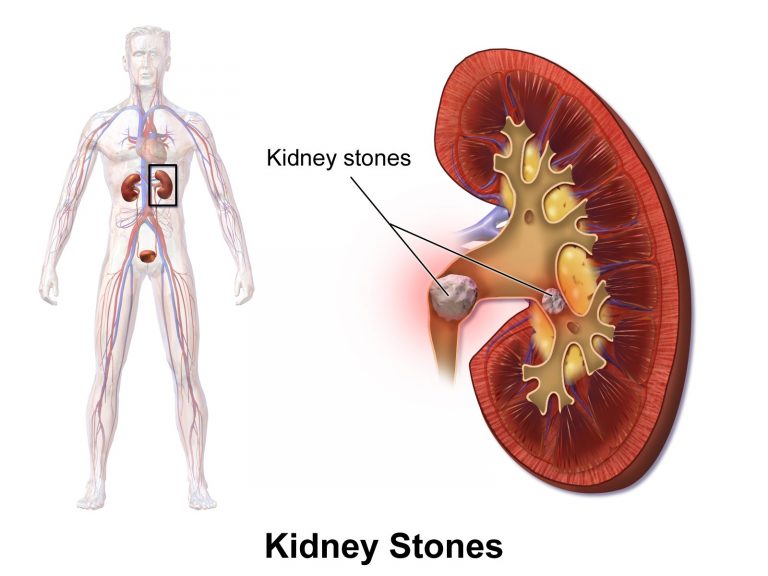Even when kidney stones have been entirely removed, the patient and the doctor are both responsible for preventing their return.
Dietary adjustments are crucial if you want to lower your risk of developing recurrent stones.
Doctors initially examine the urine and the makeup of the stone that has been dislodged before deciding on the best diet for each patient. Chemical examination of the stone is necessary for a proper nutritional and hygienic routine in order to identify the dominating mineral, or alternatively, which foods contribute to its formation.
It has been demonstrated that patients who adhere to a suitable diet plan have a 20% probability of developing recurrent stones. On the other side, 80% more people will get reoccurring stones if they do not adhere to any special dietary or hygiene guidelines.
Find out more about: Safe, Natural, and Effective Treatments for Eczema
Other broad preventative strategies for colds and inflammations brought on by the kidney stones are available in addition to specific food regimens. These precautions include ensuring that patients consume enough fluids, ideally a glass every two hours, and around three liters of water before going to bed.
Only in circumstances with hypertonic diagnosis and heart or kidney illness can excessive water be harmful. At the same time, you should make an effort to avoid any potential fluid loss due to excessive perspiration, strenuous exercise, tanning, exposure to high temperatures, excessive physical activity, or excessive use of stool cleansing drugs.
Stress, alcohol, carbonated beverages, concentrated sugar, including honey and fruit syrup, sweets, artificial sweeteners, and salt should all be avoided.
When it comes to fruits and vegetables, patients should limit their intake of apples, grapefruit, currants, raspberries, strawberries, blackberries, blues, and plums if the analysis reveals that calcium and oxalates (calcium-oxalate stones) predominate in the stone.
Then come coffee, cocoa, chocolate, Coke, and strong tea, along with lamb and mutton. Additionally, it’s crucial to drink homemade tea with caution, especially mint, chamomile, parsley, and fruit teas.
The patient should refrain from consuming dairy products, including milk (no more than 1 glass daily and half a liter of yoghurt), fish, eggs, yolks, and milk if the kidney stones show high levels of phosphates. Old full-fat (sheep) cheese and hard yellow cheese, such as Edamer, Emmental, and Parmesan, should be avoided in particular.
Beans, peas, lentils, green beans, walnuts, almonds, hazelnuts, peanuts, coffee, and fizzy beverages should also be avoided by these patients.
Patients with urate stone and sand should refrain from eating meat from internal organs such as the liver, brain, kidneys, and bone marrow (found in soups). Peas, beans, lentils, almonds, walnuts, hazelnuts, peanuts, soybeans, and mushrooms should also be avoided by these patients.
Drink a lot of water
Dehydration ups the risk of kidney problems by 20% while water aids in the kidneys’ detoxification processes and prevents the formation of kidney stones and infections. Carry a water bottle with you if you still find it difficult to drink a lot of water. This will serve as a reminder to do so even when you don’t have one nearby.
Do not forget to drink more yoghurt and milk
High blood pressure can harm the kidneys’ small blood arteries, making it difficult for them to adequately filter waste materials. Include two glasses of yoghurt and a glass of milk in your daily menu to help keep your blood pressure under control. It has been proven by numerous studies that low-fat dairy products lower blood pressure.
After reading this text you can also read about: 10 Signs in The Body Which Reveal That You Are Not Healthy



